Famous Five
The Famous Five Card Game by Enid Blyton.
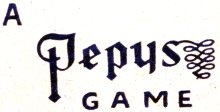
The Famous Five Card Game, c.1951
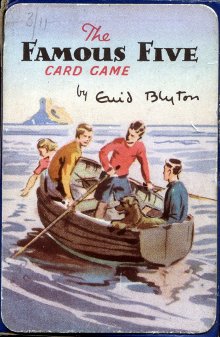
The Famous Five Card Game by Enid Blyton (1897-1968) was illustrated by Eileen A. Soper and published by Pepys Games (Castell Brothers Limited), 14-17 St Cross Street, Hatton Garden, London E.C.1. in 1951. The card game is based on the Famous Five series of adventure books written by Enid Blyton for boys and girls, and depicts stories from four of the favourite books in the series. Blyton's total literary output was of an estimated 800 books over roughly 40 years. Some critics feel that Blyton's stereotyped depictions of gender, race and social class, coupled with a restricted use of language militates against the development of wider literary qualities in her readership.
Left: the title card from the box, showing the original retail price of three shillings and eleven pence.
The game has 44 cards consisting of four sets of 8 “Adventure” cards, four “Danger” cards, two “General Danger” cards and six “All Safe” cards. The object of the game is to be the first player to complete any set of “Adventure” cards by playing the No. 8 card.
The set is complete with an instruction booklet and a letter from Enid Blyton which introduces the new game. See also: Noddy Happy Families Wikipedia article about Enid Blyton
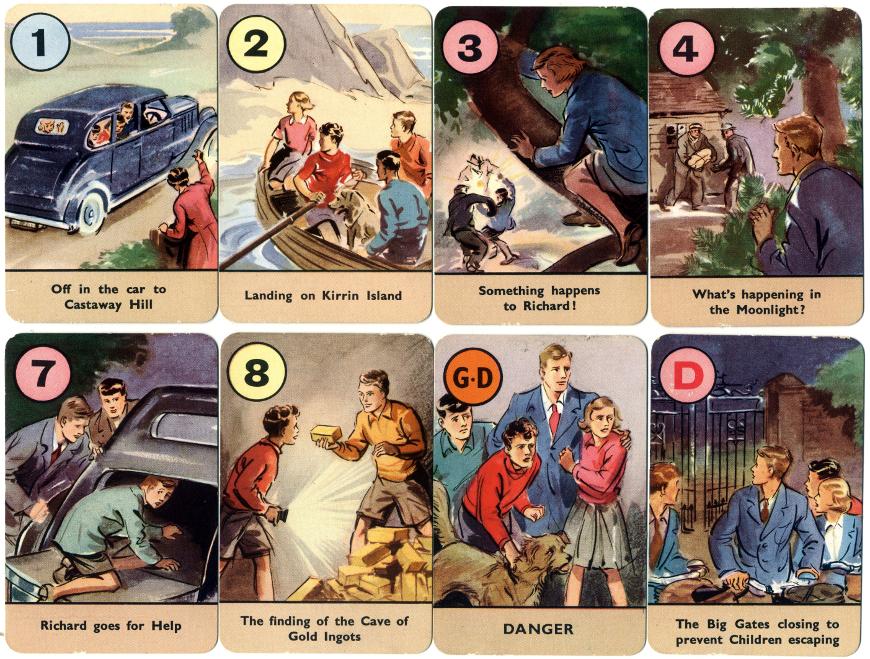
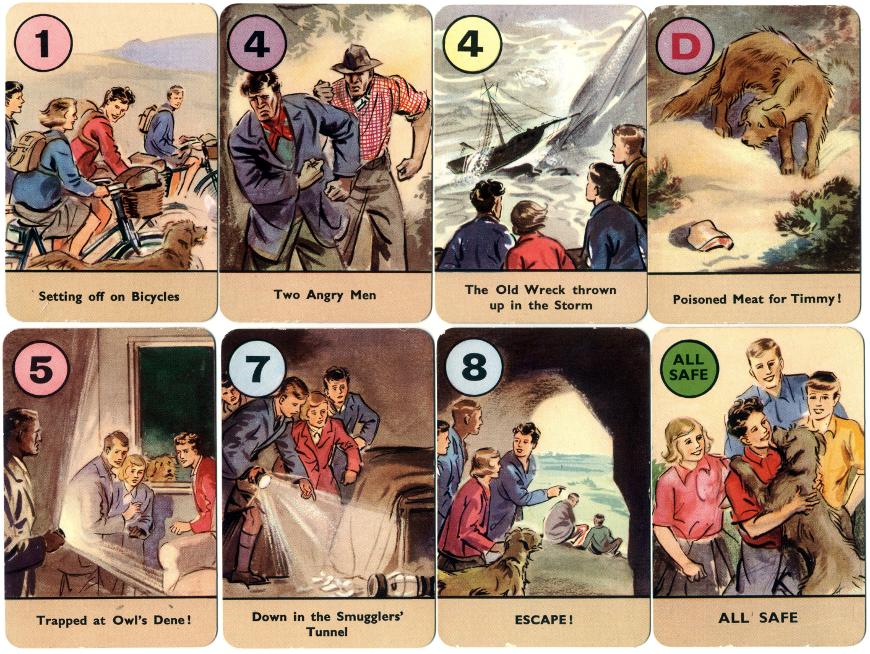
Above: cards from The Famous Five Card Game by Enid Blyton, published by Pepys Games. The game is based on four of the books about the adventures of the "Five" and the pictures on the cards are all of exciting incidents from the books.There are four complete sets of pictures and each set, when laid out in the correct order (which is the object of the game) tells the story, in pictures, of the book from which it is taken.
Pepys produced games from c.1938 until 1978. The more popular games continue to be published by Gibson Games.
By Simon Wintle
Spain • Member since February 01, 1996 • Contact
I am the founder of The World of Playing Cards (est. 1996), a website dedicated to the history, artistry and cultural significance of playing cards and tarot. Over the years I have researched various areas of the subject, acquired and traded collections and contributed as a committee member of the IPCS and graphics editor of The Playing-Card journal. Having lived in Chile, England, Wales, and now Spain, these experiences have shaped my work and passion for playing cards. Amongst my achievements is producing a limited-edition replica of a 17th-century English pack using woodblocks and stencils—a labour of love. Today, the World of Playing Cards is a global collaborative project, with my son Adam serving as the technical driving force behind its development. His innovative efforts have helped shape the site into the thriving hub it is today. You are warmly invited to become a contributor and share your enthusiasm.

Related Articles
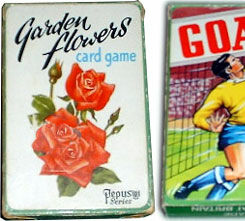
Pepys Games
The Story of Pepys Games by Rex Pitts
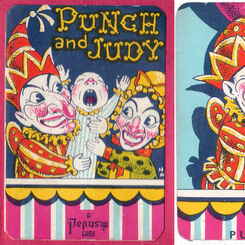
Punch & Judy
Punch and Judy card game published by Pepys, 1956.
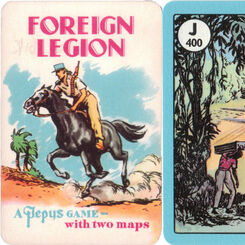
Foreign Legion
Foreign Legion published by Pepys, 1960.
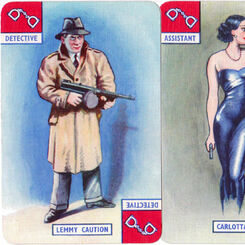
Crime Club
Crime Club card game by Peter Cheyney, issued by Pepys Games, 1939.
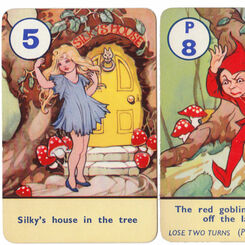
Faraway Tree
Faraway Tree was first published in 1950 based on the stories by Enid Blyton.

Speed 1st edition
The first edition of Speed by Pepys Games was published in 1938.

Secret Agent
Secret Agent by Pepys Games, the card game with the magic monocle, 1957.
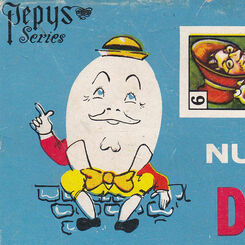
Picture Dominoes
Pepys published a total of 8 different pictorial domino games.

Find Out
Find Out mystery card game based on the Find Out books by Enid Blyton, published by Pepys, 1958.
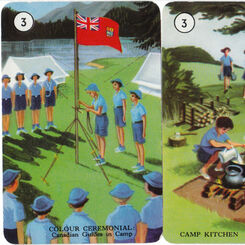
Guiding
Guiding card game published by Pepys in co-operation with the Girl Guides Association, 1958.
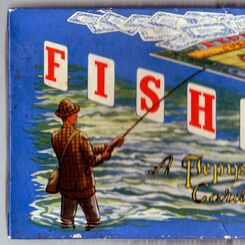
Fishing
Fishing published by Pepys Games, 1951.
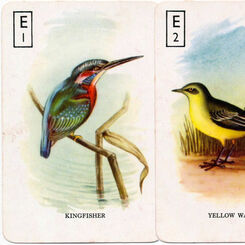
British Birds
Pepys “British Birds” card game with colour pictures, c.1968.
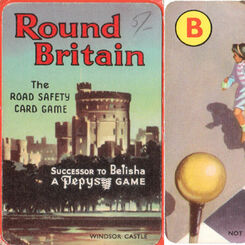
Round Britain
Round Britain card game published by Pepys Games, 1955.
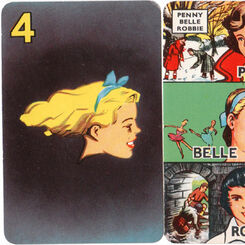
Girl
Girl card game published by Pepys Games, 1955.

Progress
The story of “Pilgrim’s Progress” by John Bunyan illustrated in a card game published by Castell Bro...

Panda’s Party
Panda’s Party published by Pepys Games, 1940.
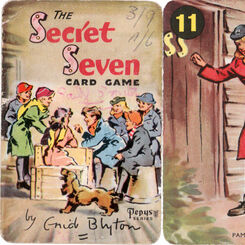
Secret Seven
Secret Seven card game illustrated by Bruno Kay and published by Pepys, 1955.
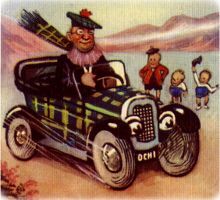
Belisha
Belisha, published by Castell Brothers Ltd (Pepys Games) in 1937, was produced with a desire to make...
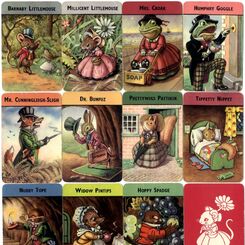
Woodland Snap
Woodland Snap is played with a pack of 44 cards illustrated with "Woodland" characters by Racey Help...
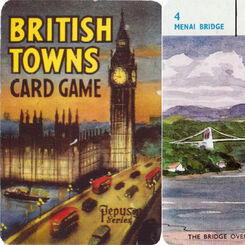
British Towns
British Towns Card Game by Pepys Games (Castell Brothers Limited).
Most Popular
Our top articles from the past 60 days






















